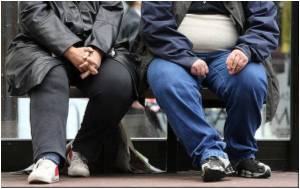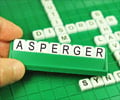
The researchers studied 165 European-American, middle- to upper-middle-class adolescents aged 14-17 years, who were recruited as infants at 4 months. The infants and their parents were observed in the laboratory across early childhood to see how the babies responded to brief separations from their parents. Also, children's behavioral inhibition and social reticence was observed as they encountered new situations and new peers at 14, 24, 48, and 84 months. Parents also had to answer questionnaires about their children's behavior in new situations and with unfamiliar peers. Years later, when the children were 14 to 17 years old, participants and their parents completed questionnaires about the adolescents' anxiety.
The study found that children who were both insecurely attached to their parents and who were inhibited throughout their childhoods went on to have higher levels of social anxiety as adolescents. Teen males were at the most risk. The association between childhood inhibition and adolescent social anxiety was strongest for children who reacted angrily and were not able to calm down when reunited with their parents (during the laboratory task at 14 months), compared to children who could calm down when their parents returned.
The study is published in ‘Child Development’, the journal of the Society for Research in Child Development.
Source-Medindia














